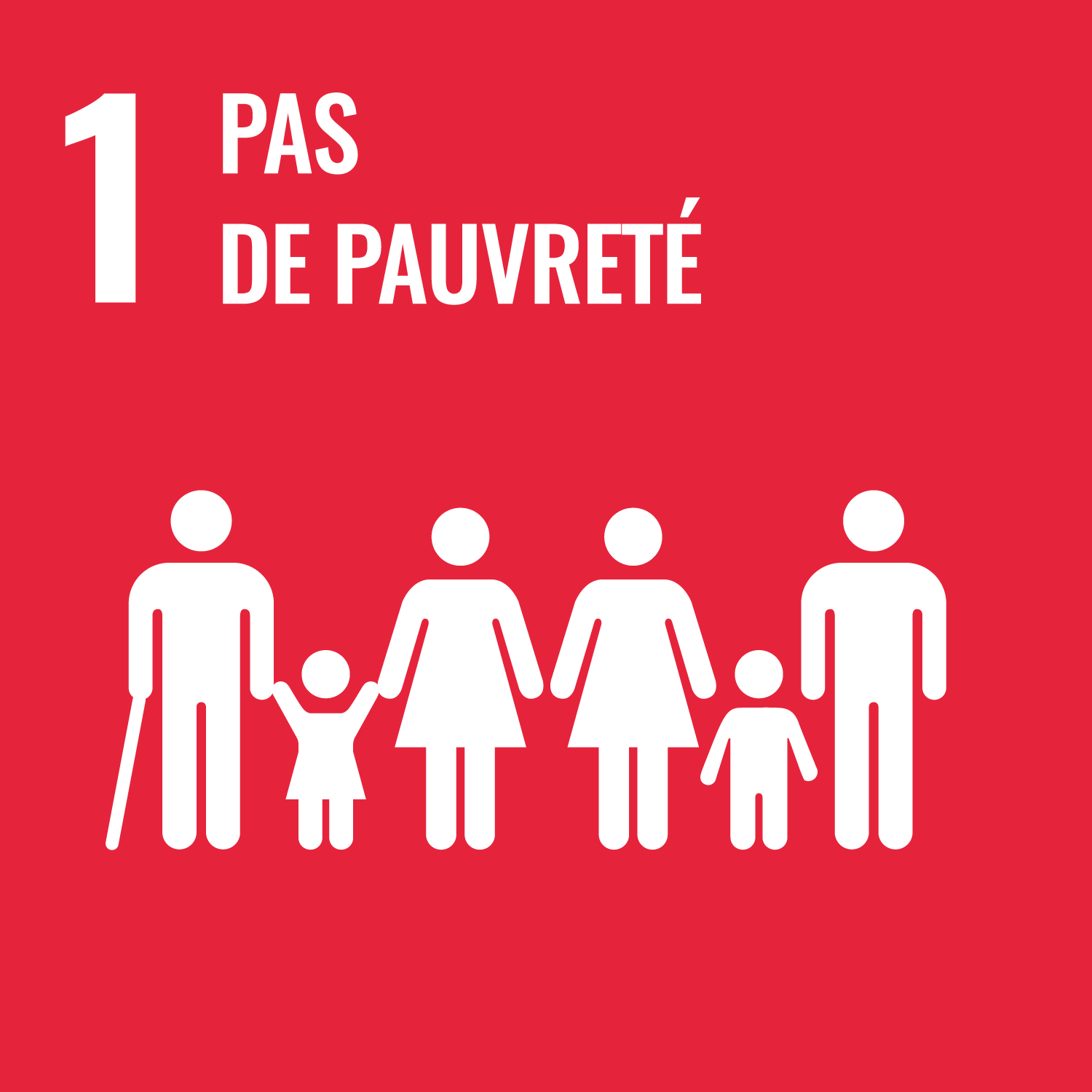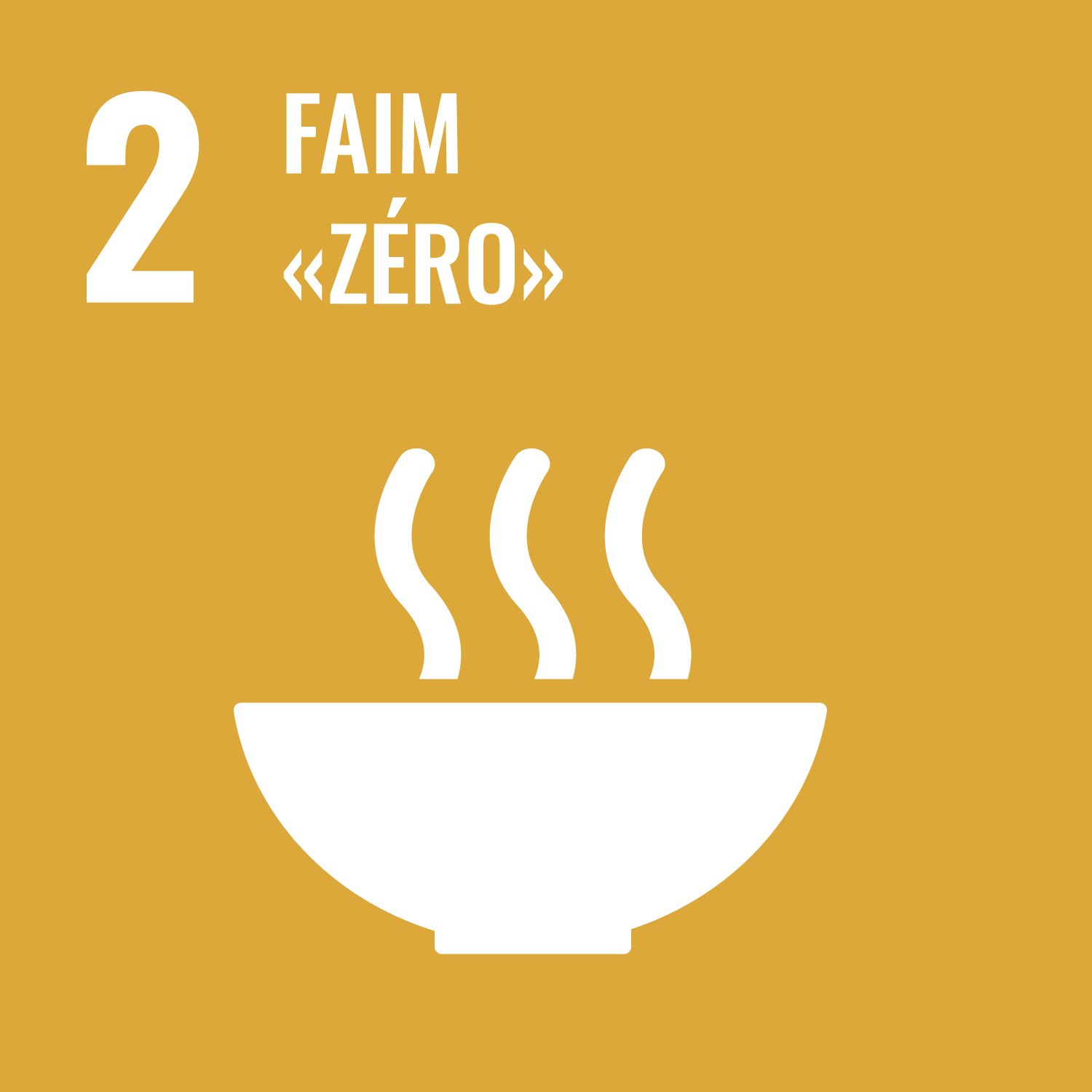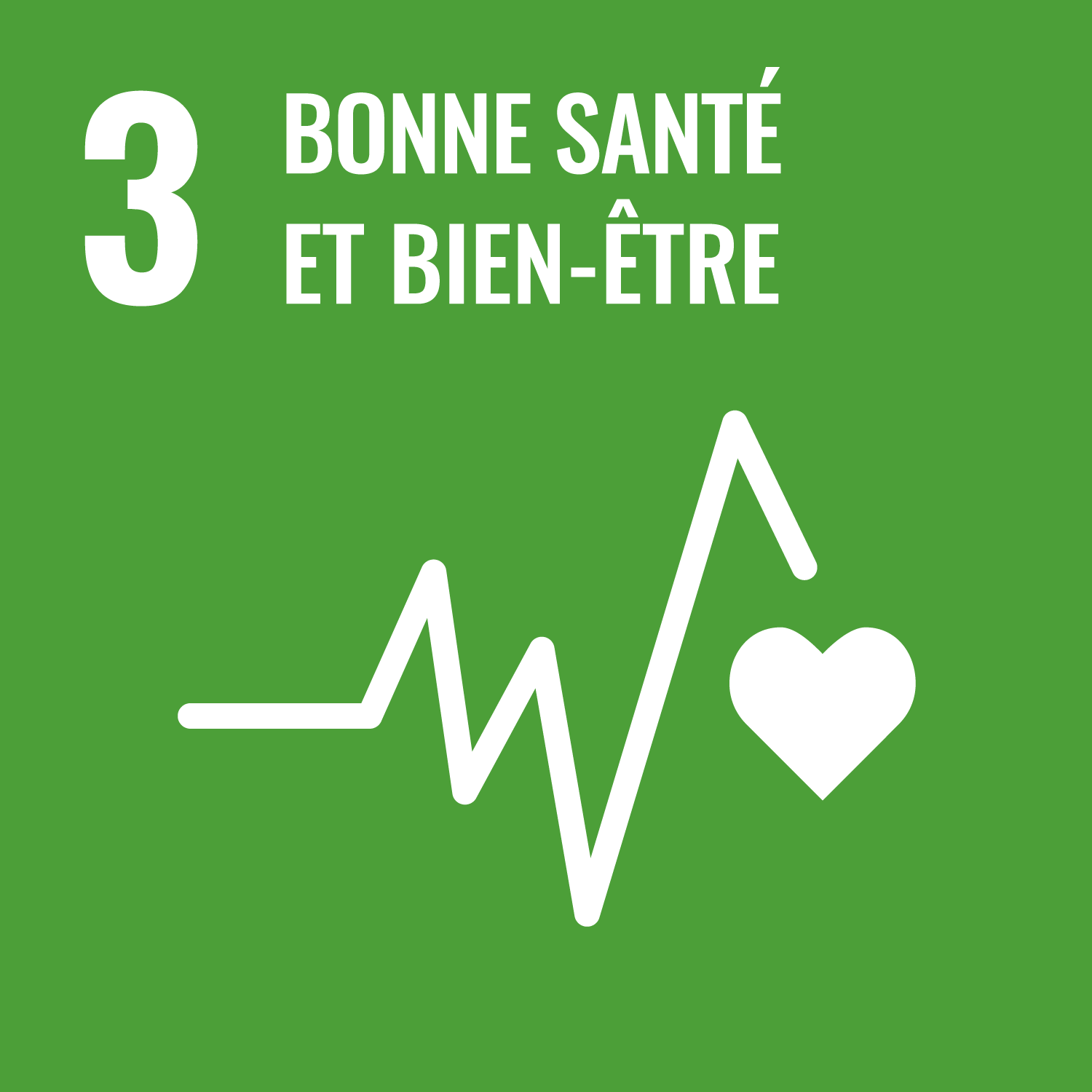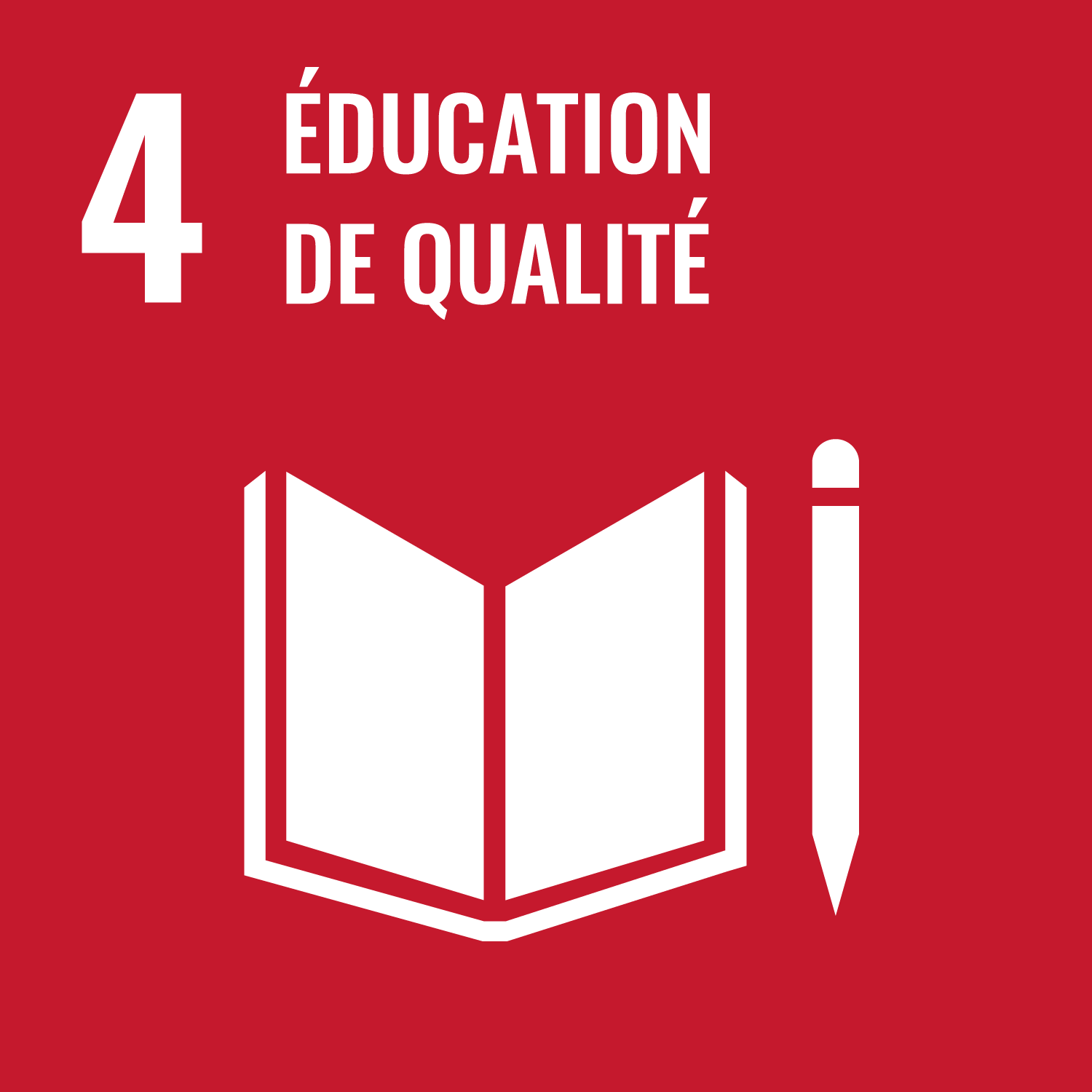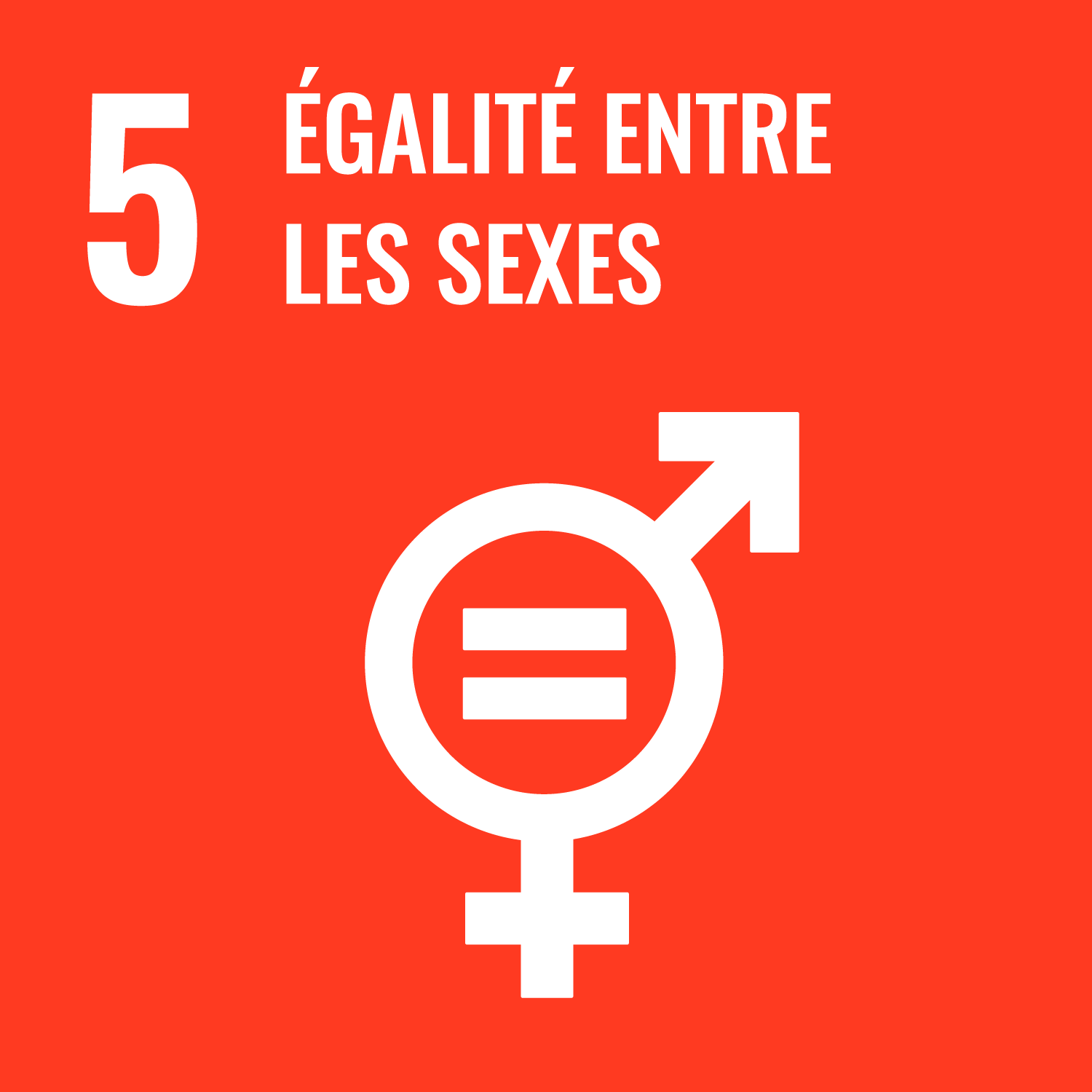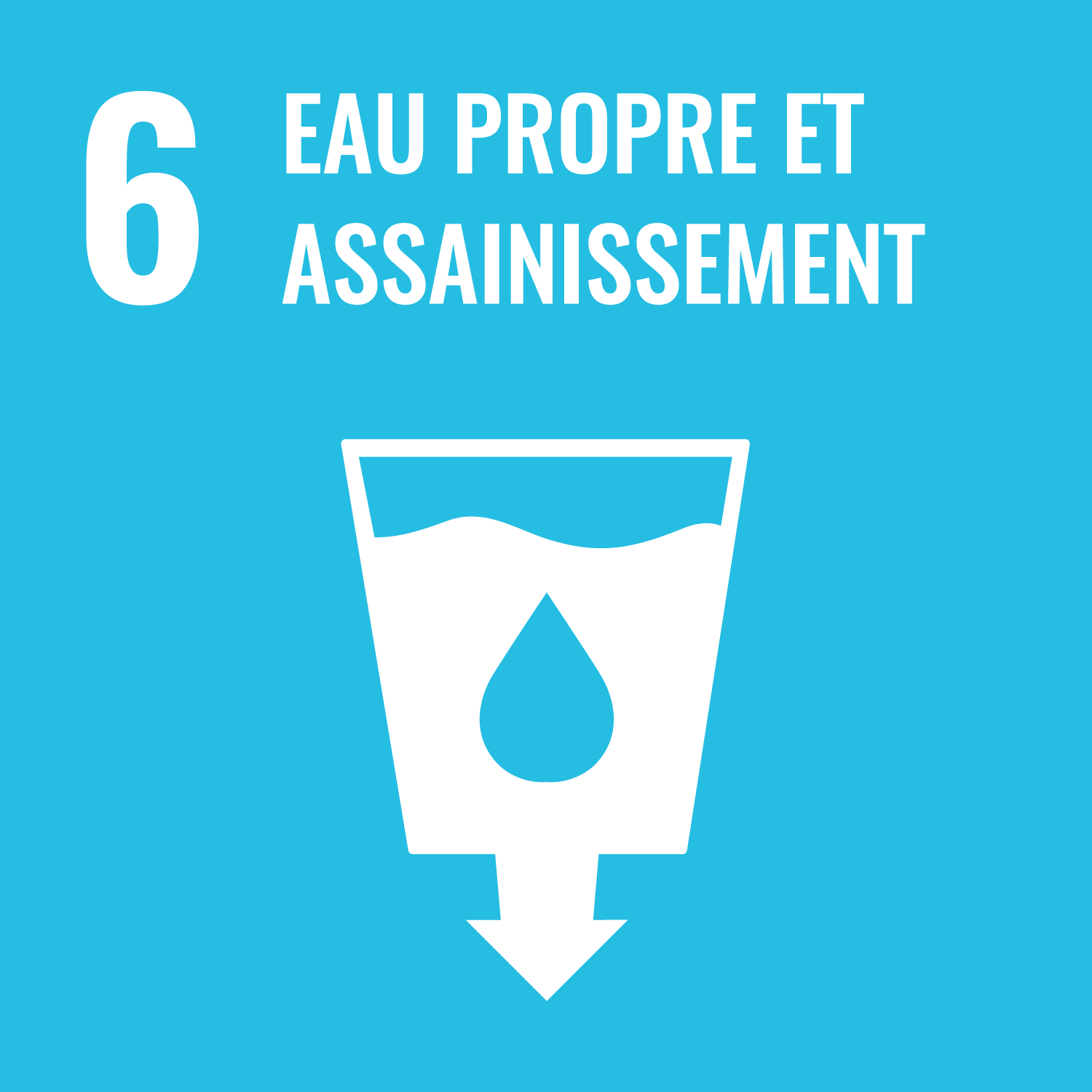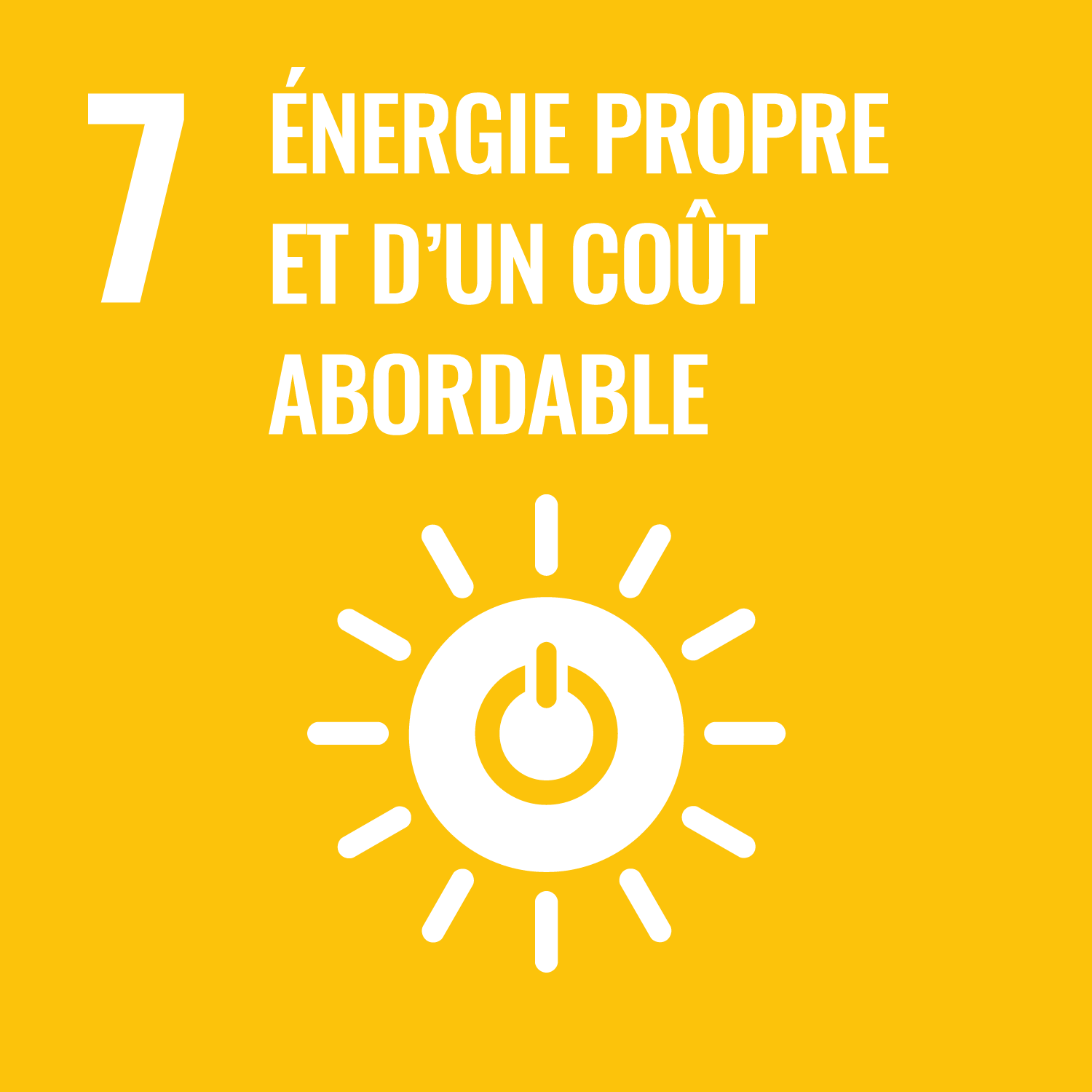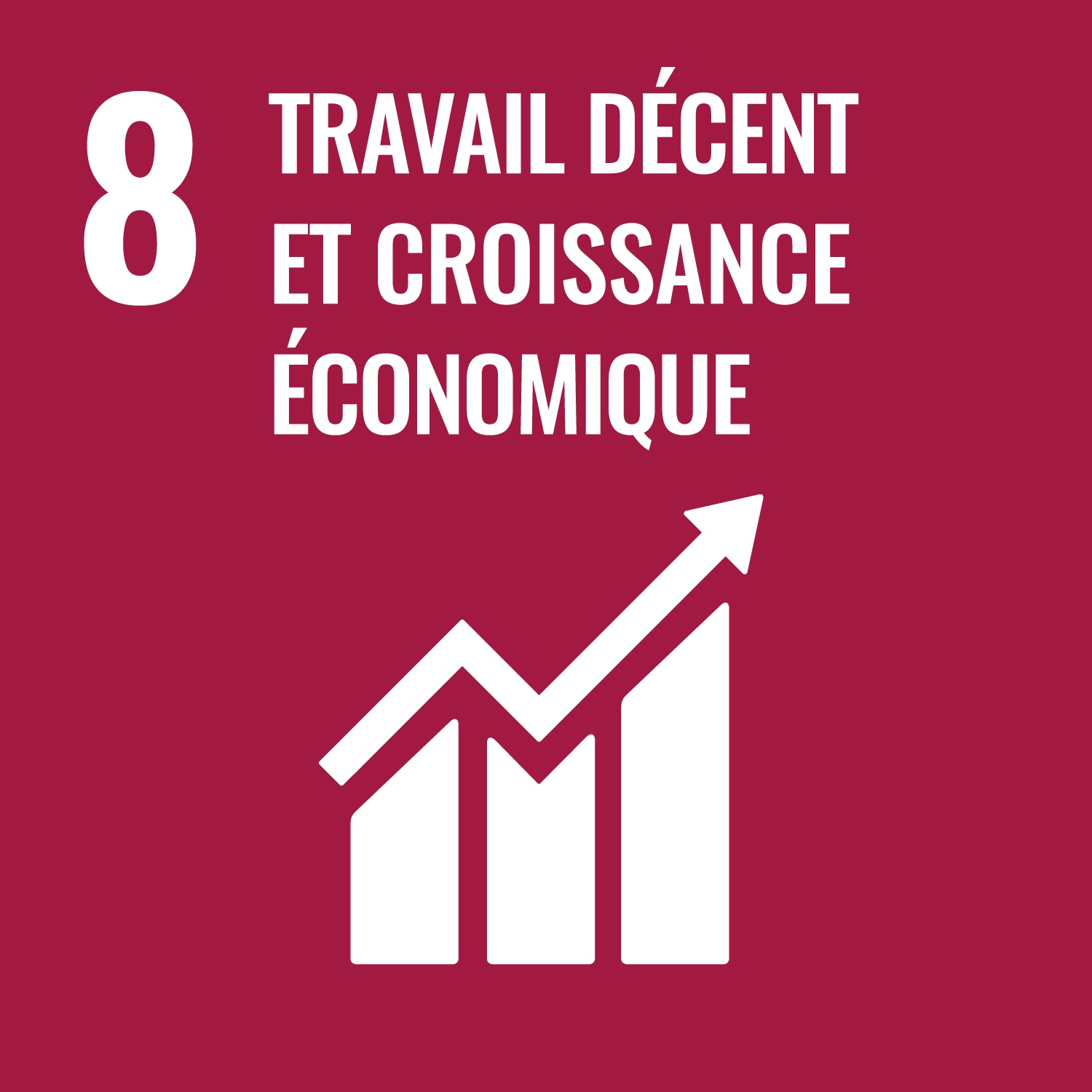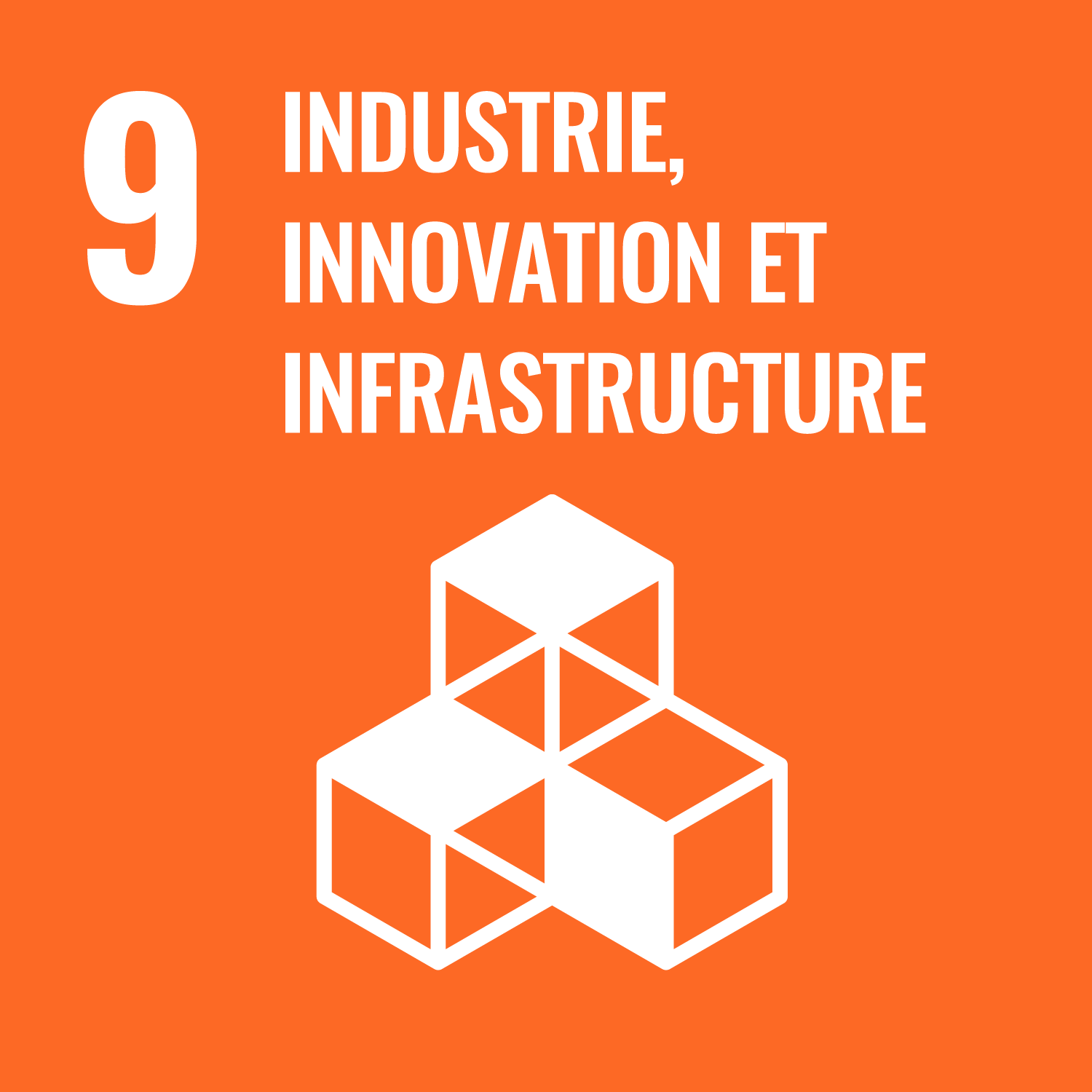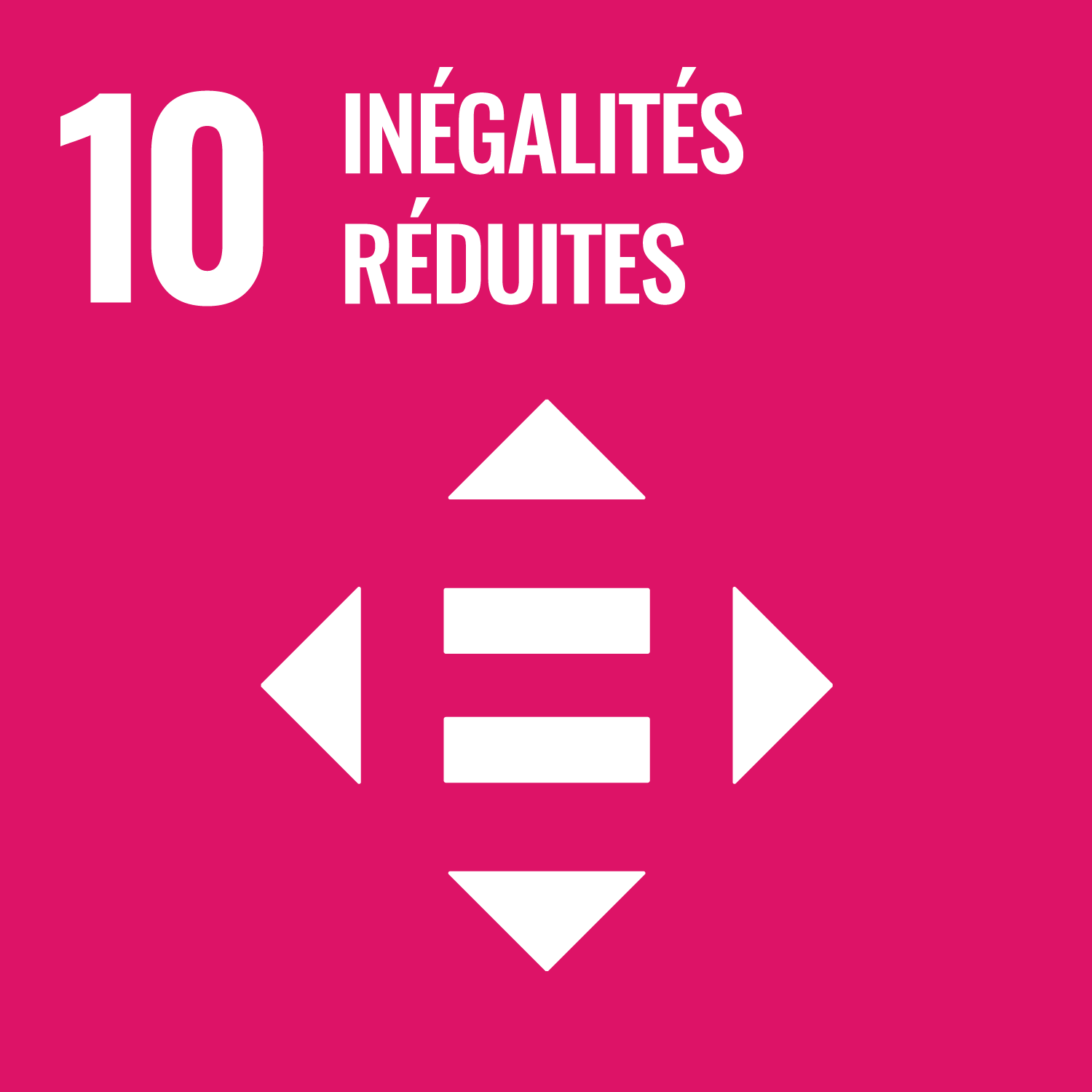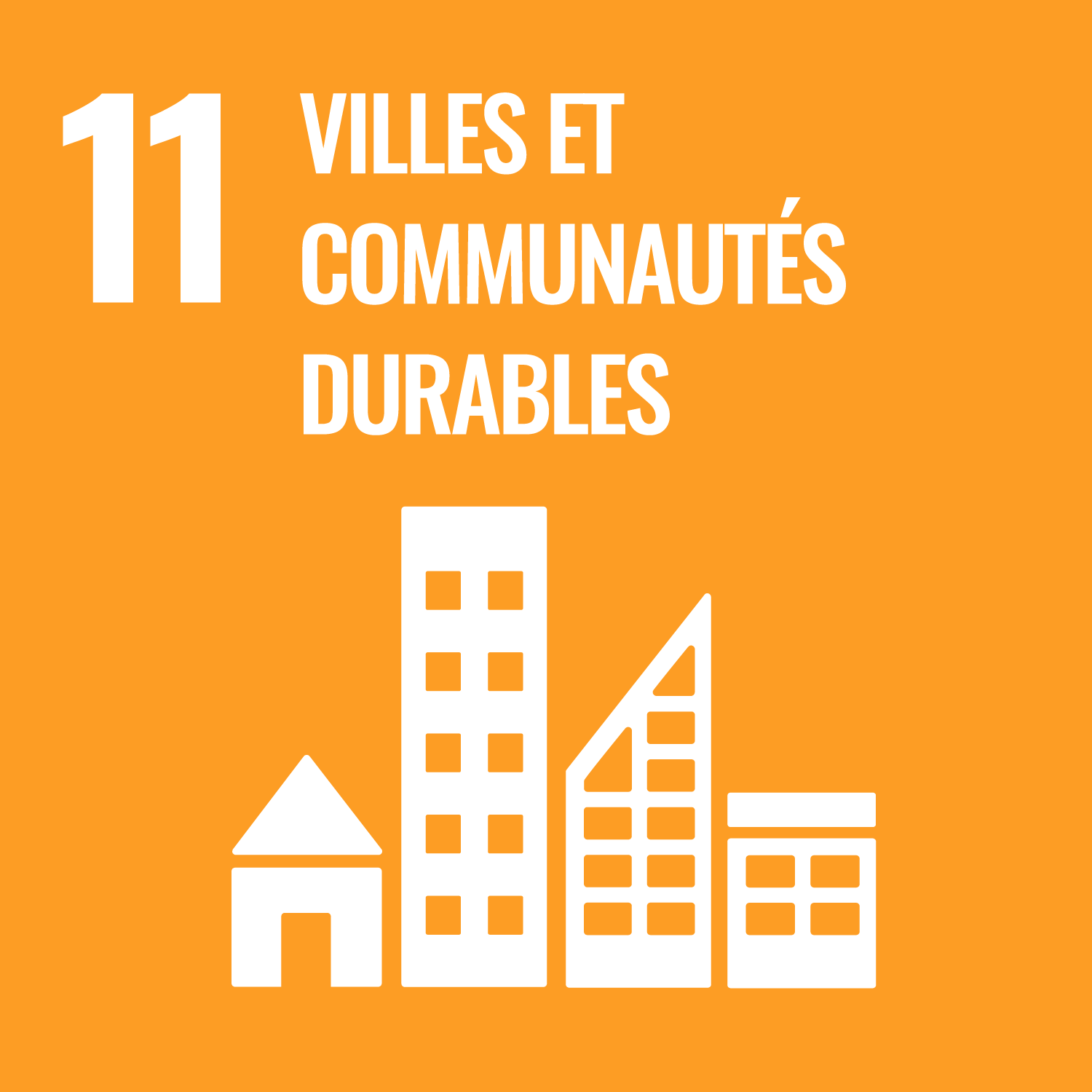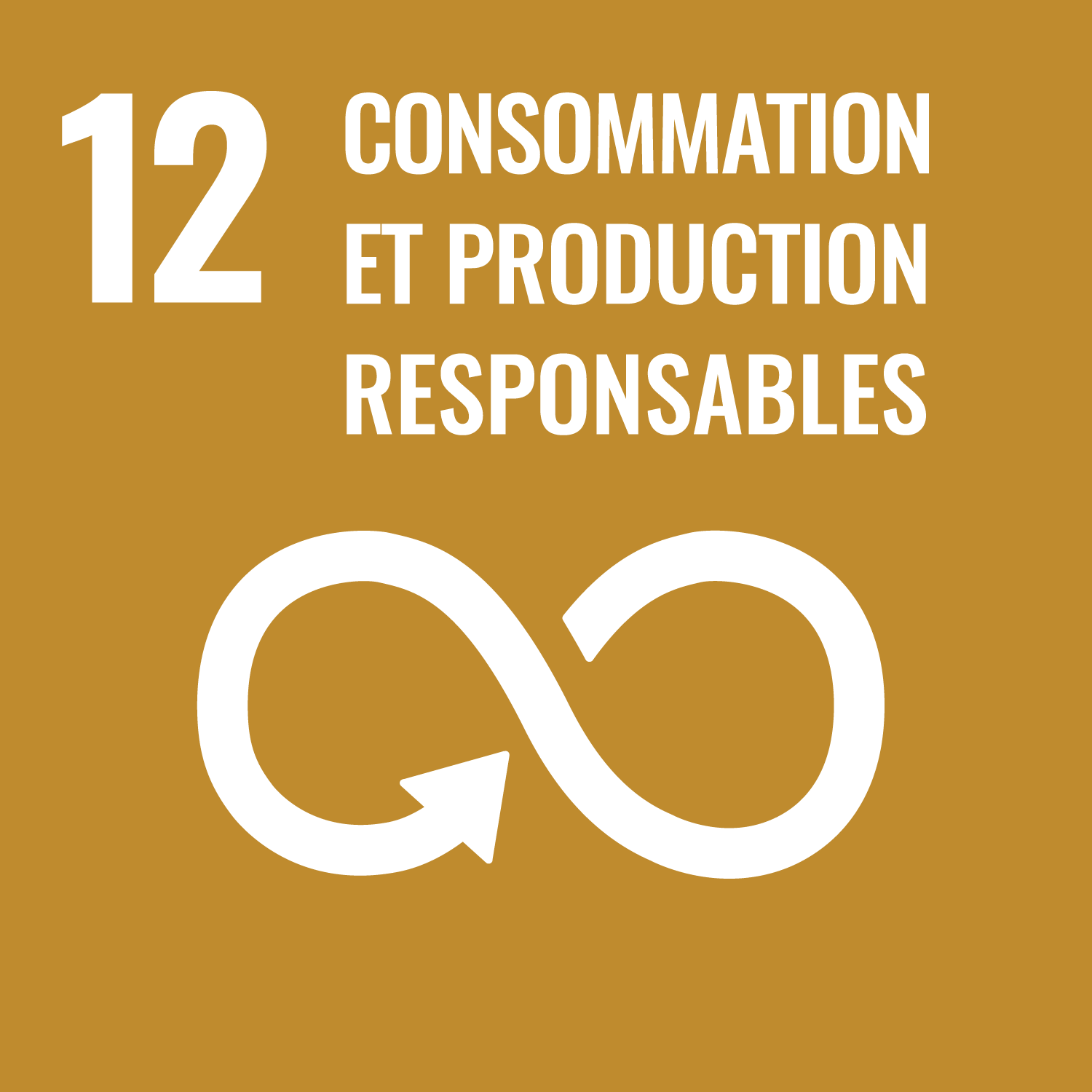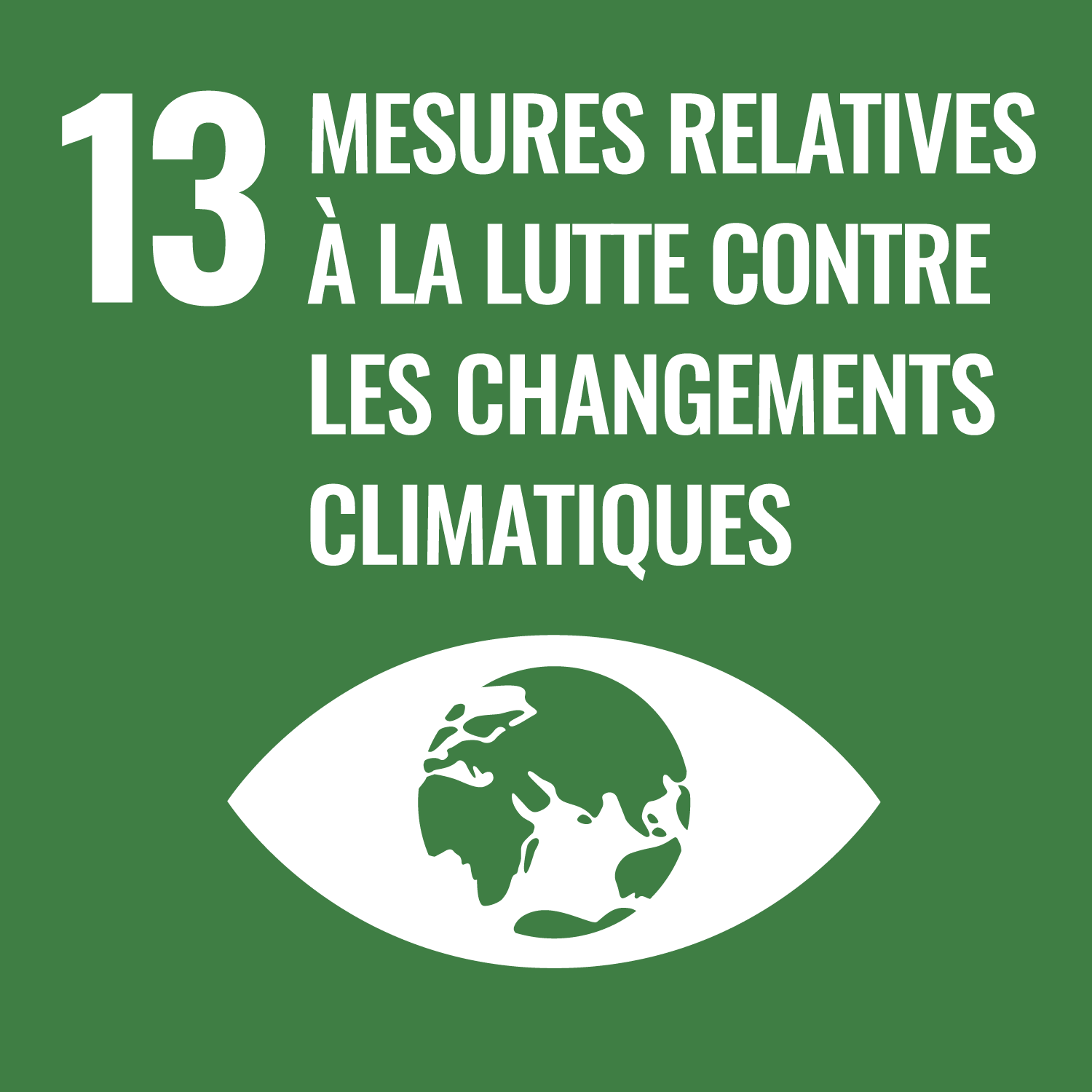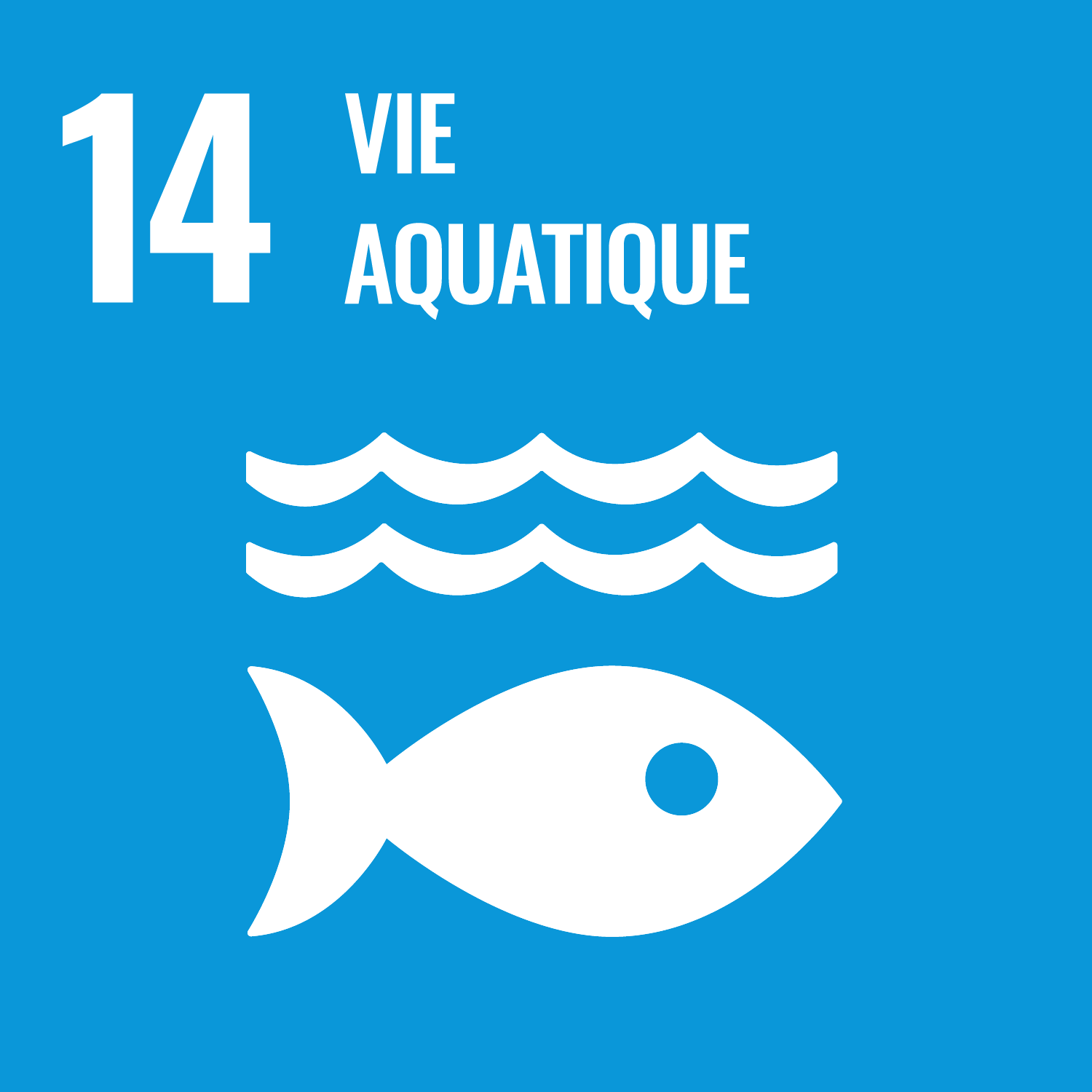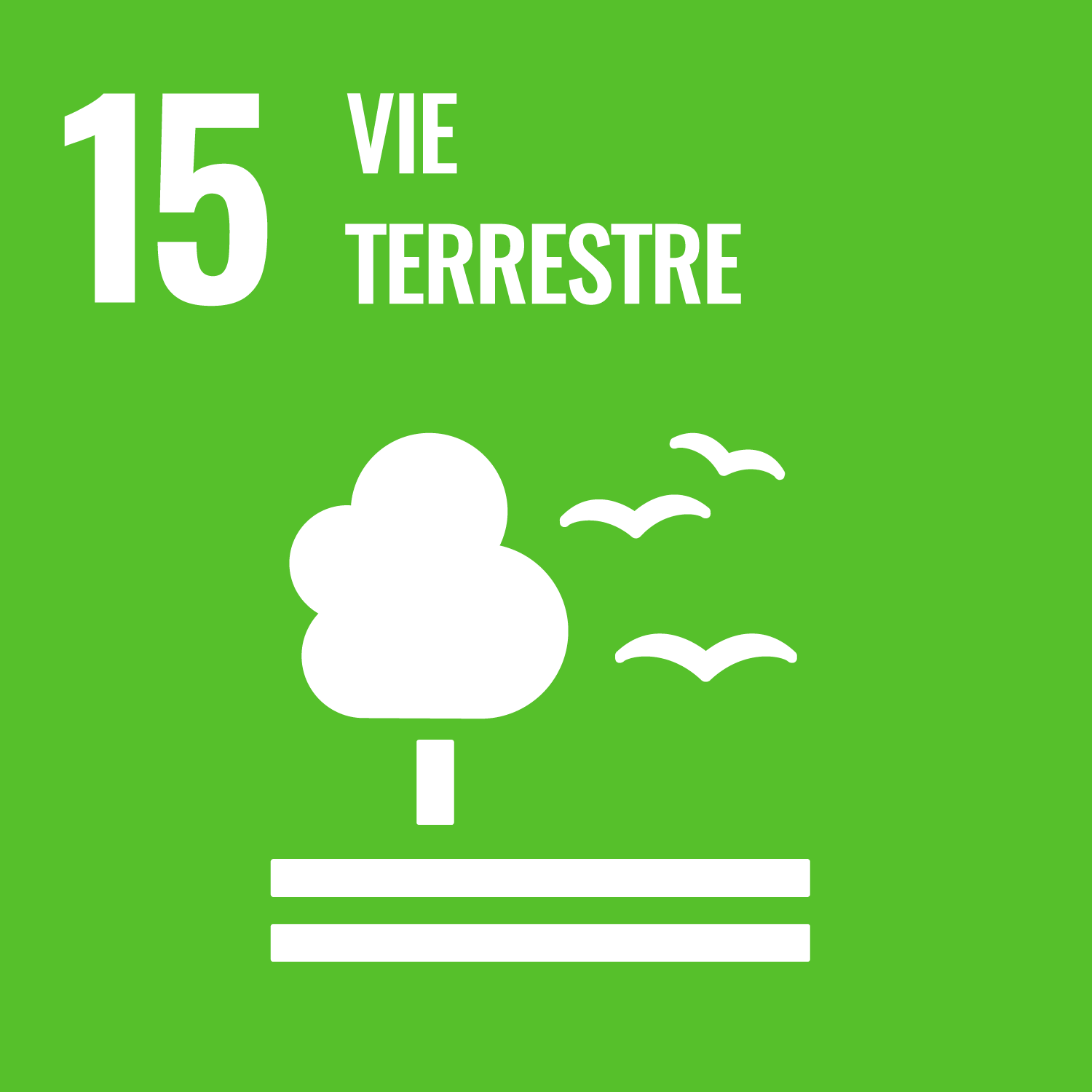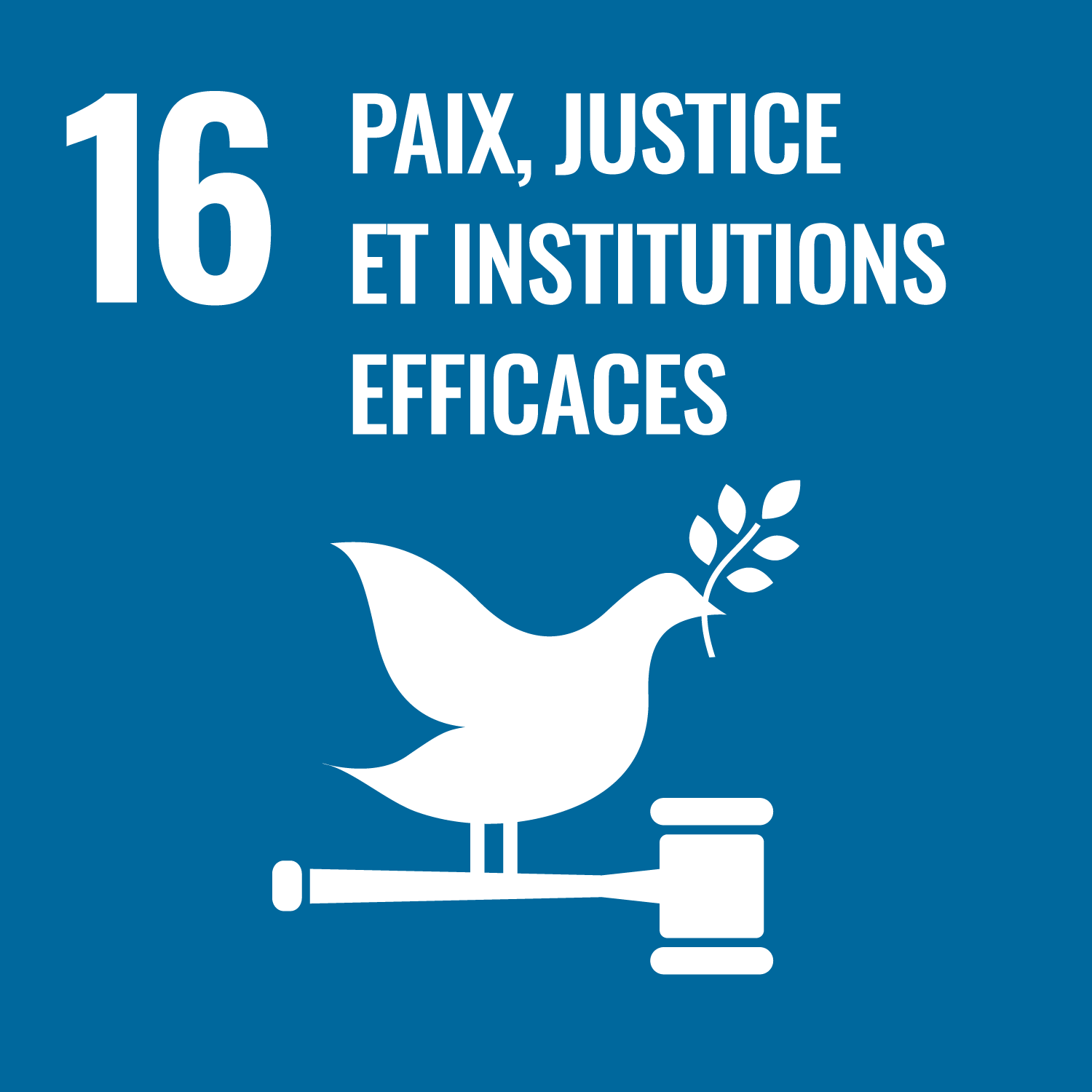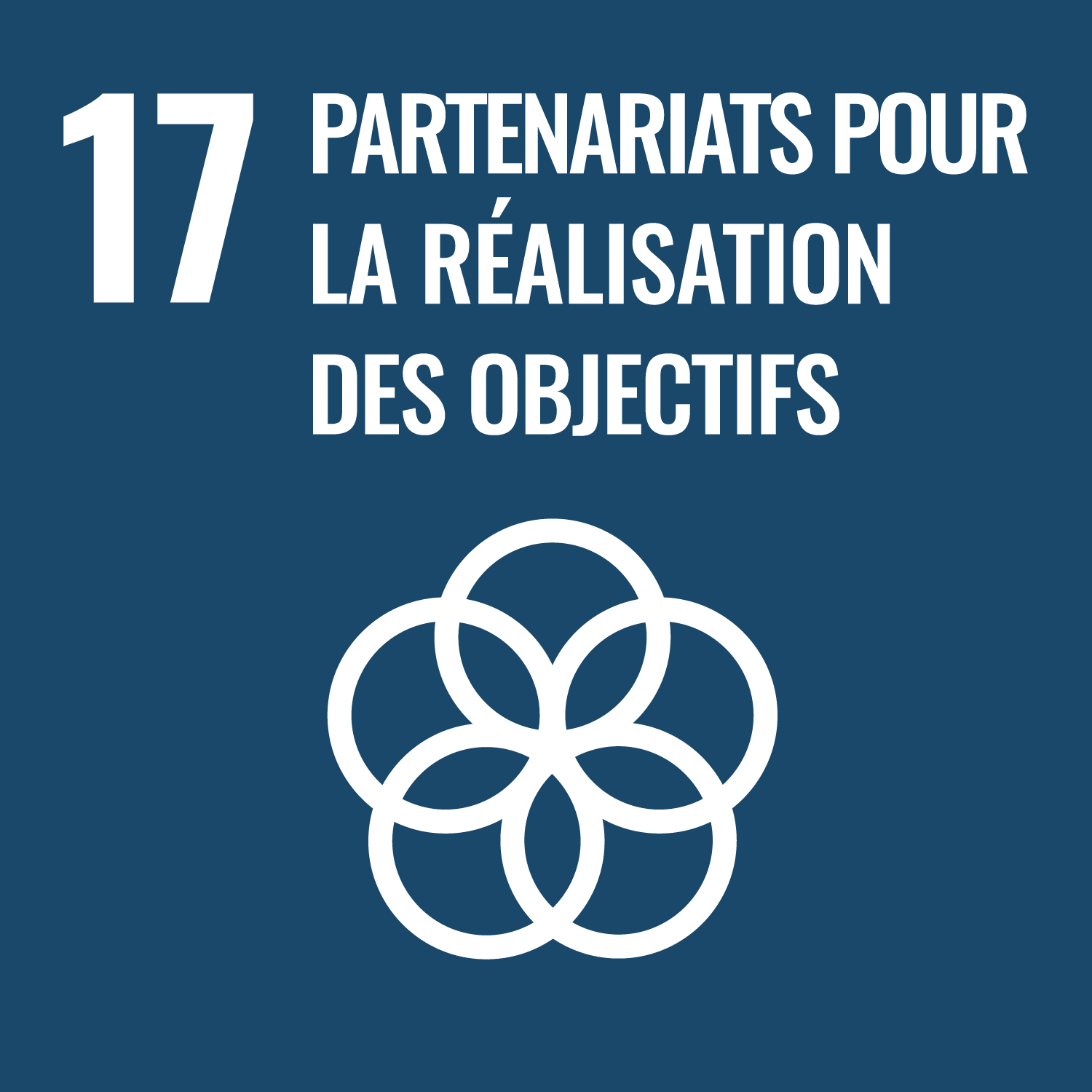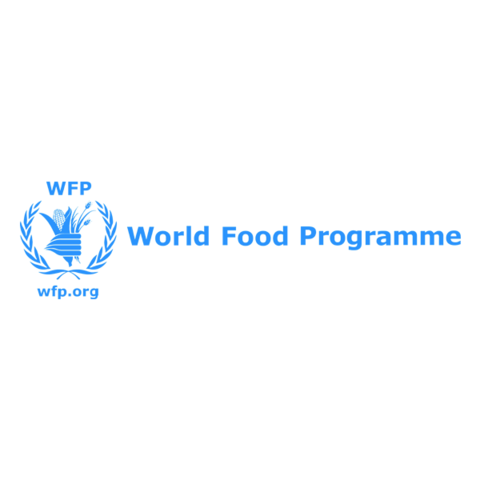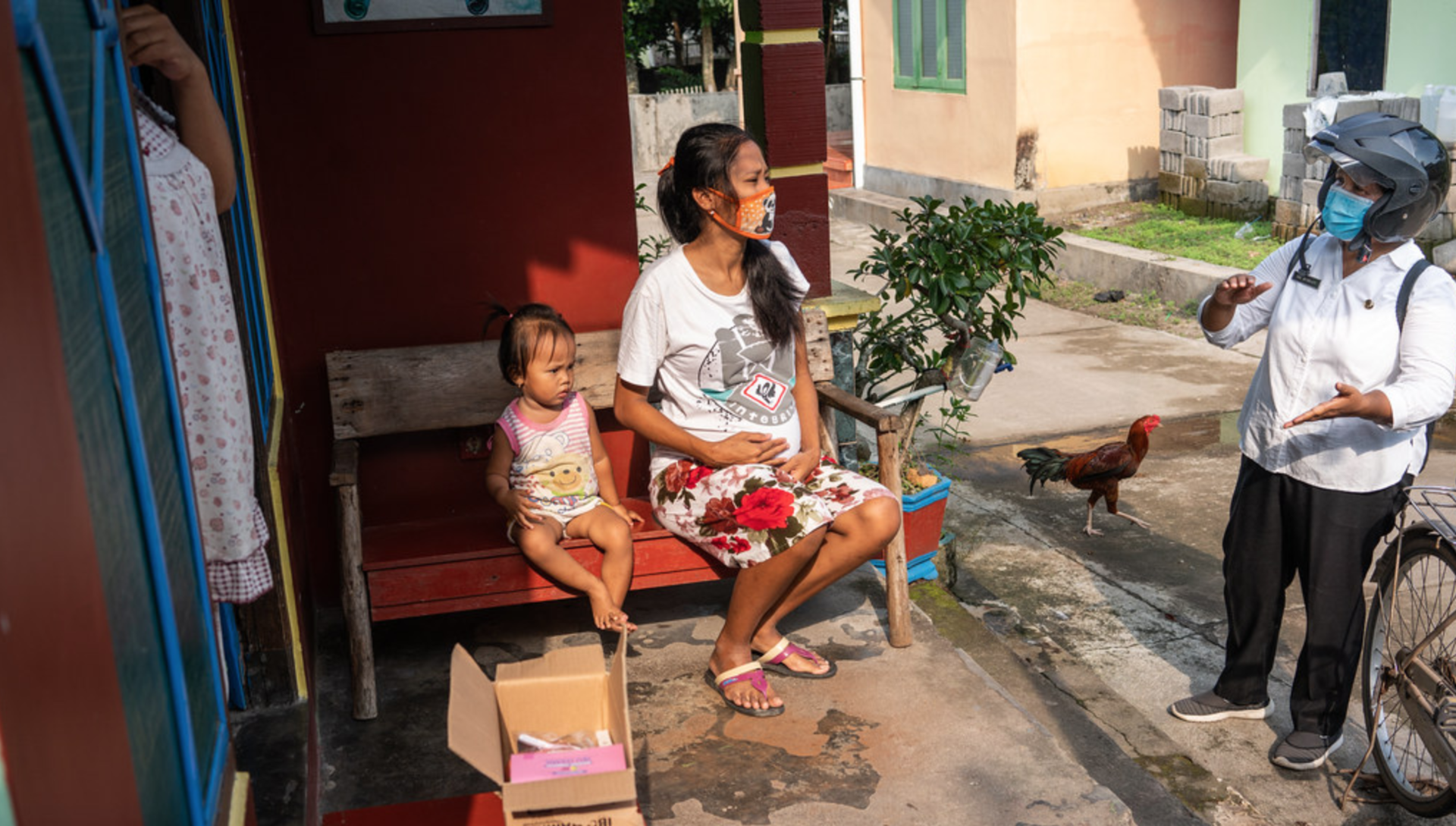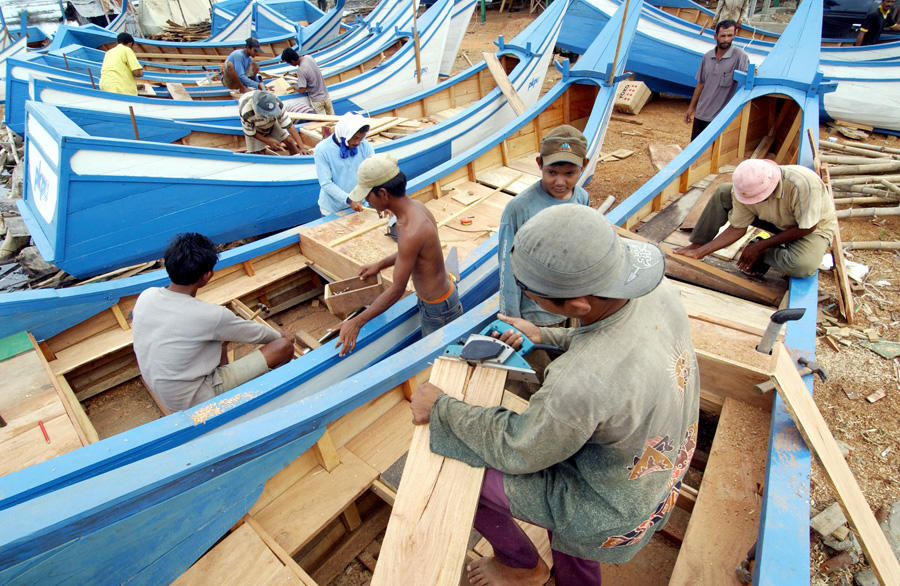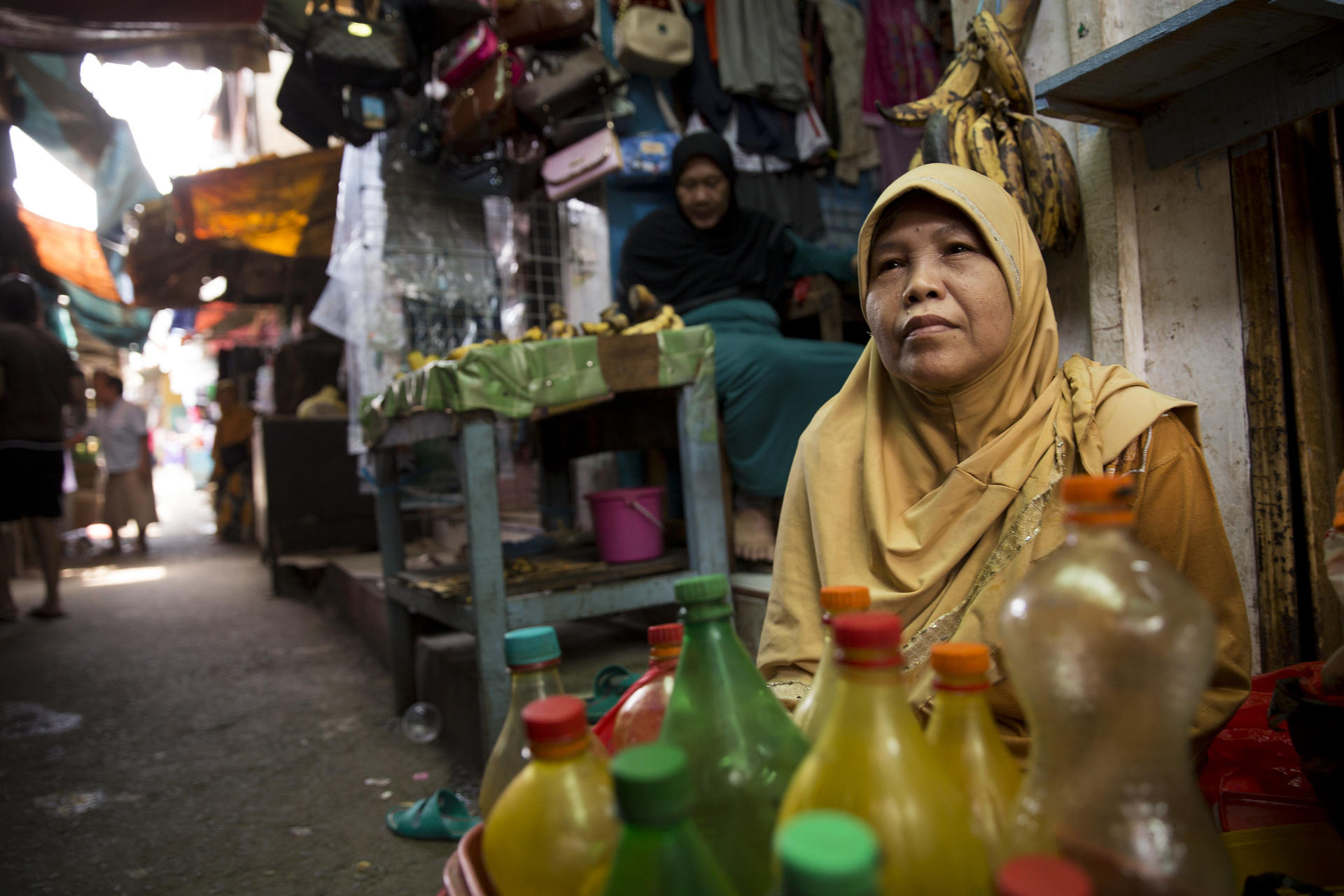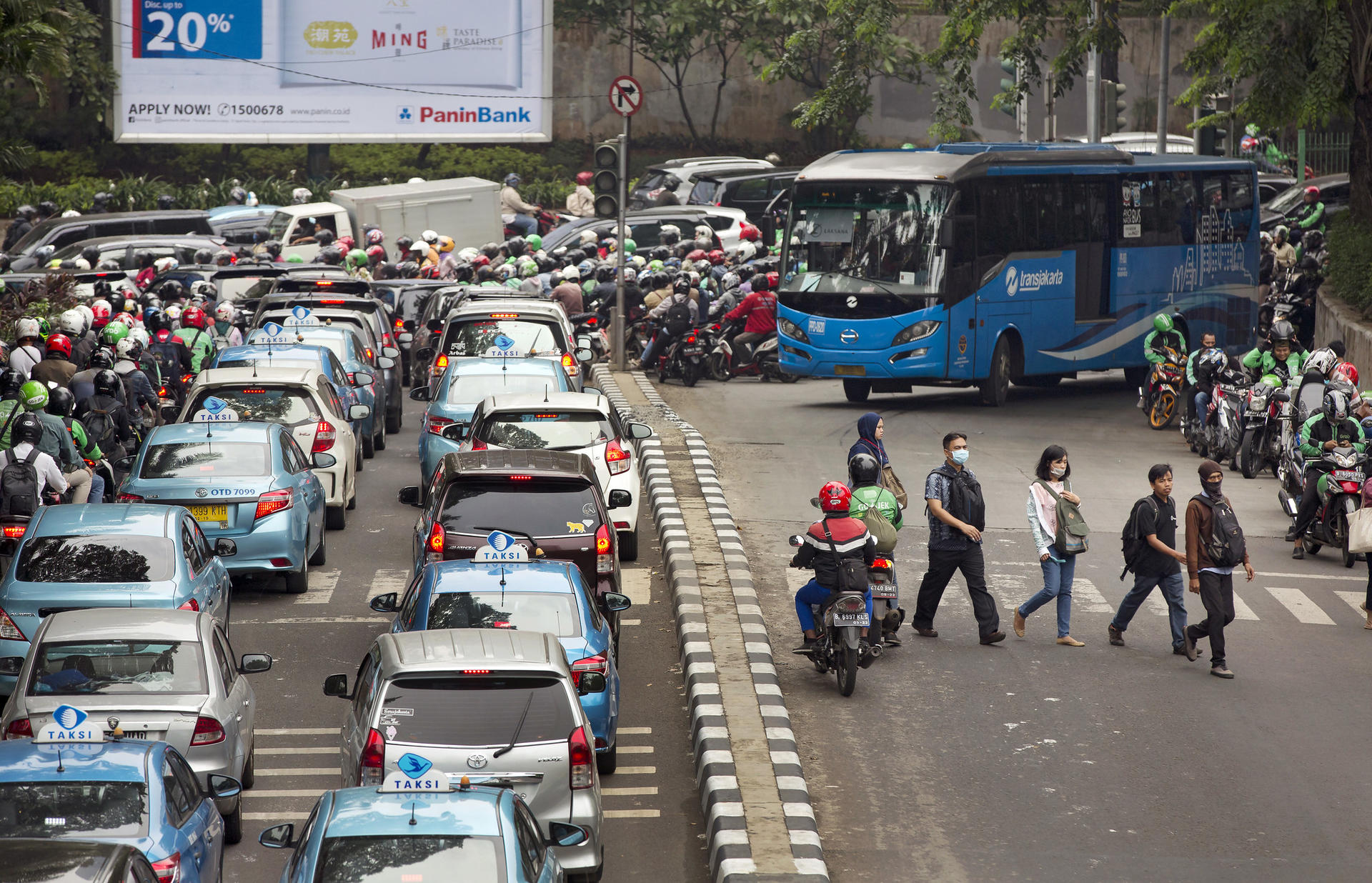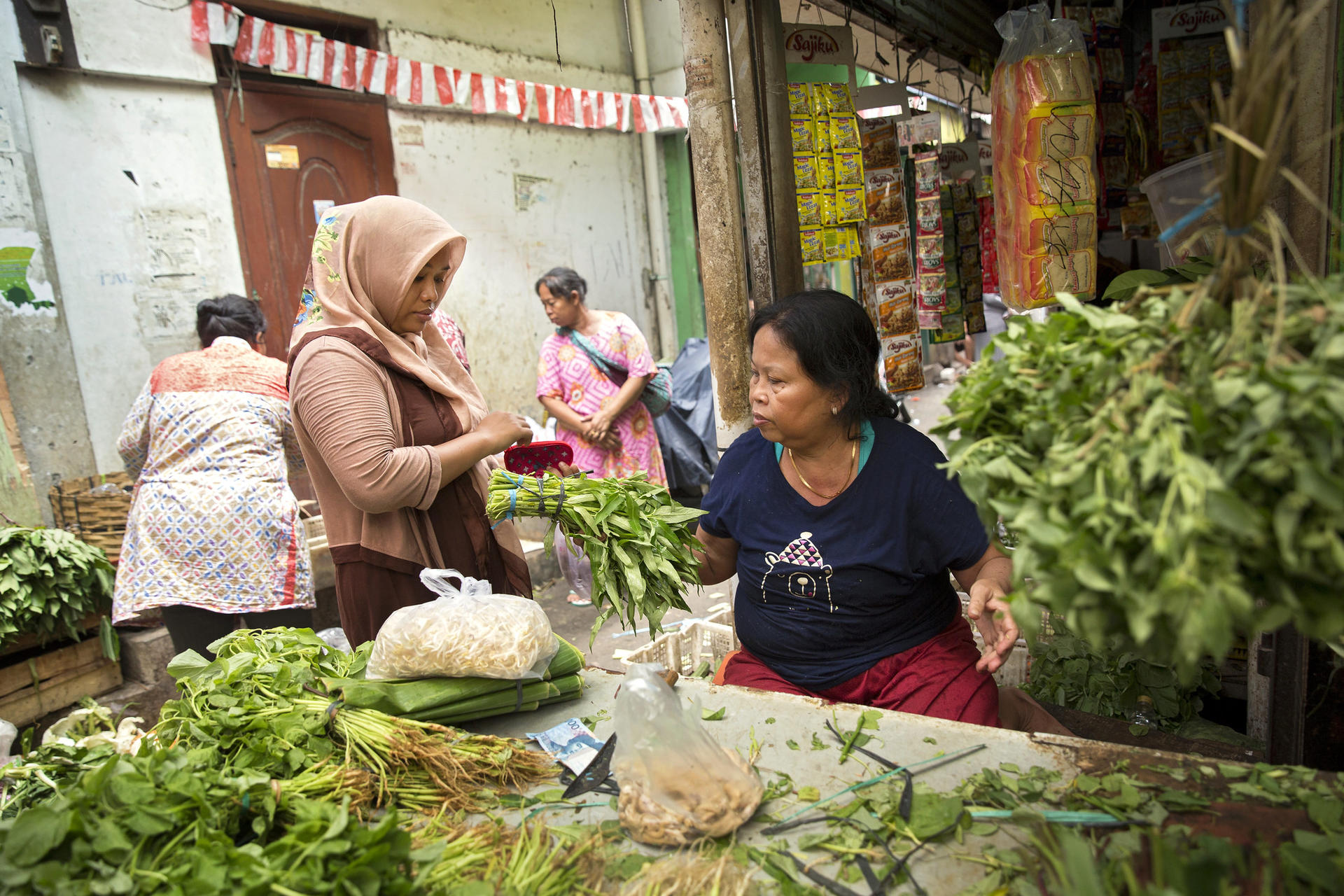The COVID-19 pandemic continues to affect the lives and livelihoods of millions of people globally, including in Indonesia, causing severe economic, food security and nutrition distress affecting the world’s poor and food insecure population. In response to the crisis, the UN World Food Programme (WFP) in Indonesia is working together with the Government and partners to deepen collaboration on social protection.
WFP Indonesia has strong partnerships with Indonesian government institutions, including the Ministry of Agriculture, Indonesia Statistics Agency (BPS), Ministry of Social Affairs, Ministry of National Development Planning (BAPPENAS), the Disaster Management Agency (BNPB) and subnational governments. Under the Joint SDG Fund Adaptive Social Protection Programme and the COVID-19 Multi-Partner Trust Fund (MPTF), implemented jointly with other UN Agencies, WFP Indonesia provides in-depth technical expertise on analysis and mapping of vulnerability, food security and nutrition conditions, including through use of innovative technology. WFP Indonesia also provides technical expertise on adaptive social protection, preparedness and response to emergencies and disasters.
In order to support decision makers in designing relevant interventions to respond to the crisis, monitoring the developing impacts of the pandemic is critical. Evidence from different sources and analysis is being developed and presented through a bi-monthly policy bulletin entitled “COVID-19 Economic and Food Security Implications for Indonesia”. In the last iteration of the bulletin, WFP recommends further investments in social protection to protect vulnerable groups from the economic impact of the pandemic that may cause households to reduce the quantity and quality of their consumption, as well as developing long-term strategies to prepare and improve the country’s resilience for future crises.
The bulletin also provides updates on the Government of Indonesia’s support to vulnerable groups through different schemes that aim to minimise the impact of shocks arising from macroeconomic changes and rising unemployment in the formal and informal sectors. The bulletin also includes an analysis of the food availability and access situation, along with challenges in food supply and agricultural production. Finally, the analysis covers the availability of strategic food commodities in markets and price trends at national and subnational levels.
Below is a summary of the Government of Indonesia’s response to the pandemic as of August 2020, an overview of the main findings in the socio-economic and food security areas, as well as WFP’s main recommendations.
GOVERNMENT OF INDONESIA (GOI) RESPONSE TO COVID-19 PANDEMIC


